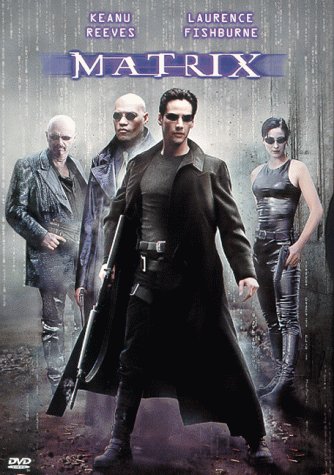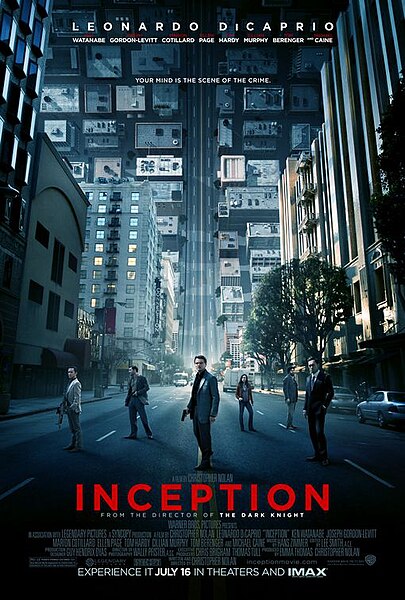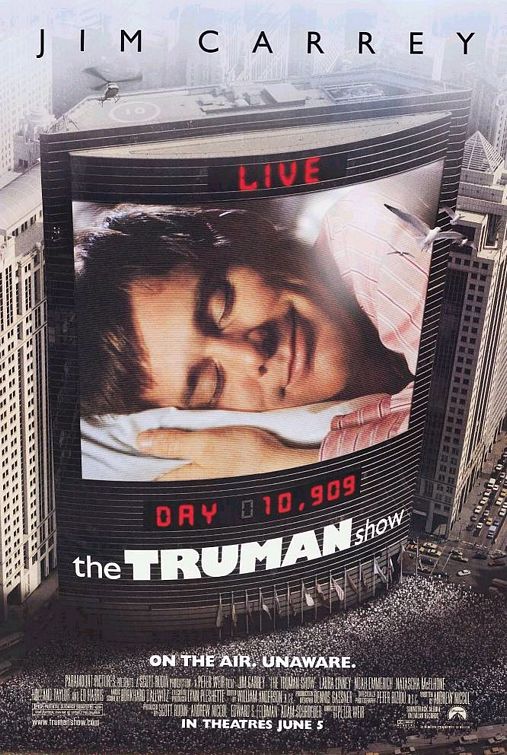the Simulation Hypothesis
The Simulation Hypothesis suggests that reality, as we perceive it, may be an artificial simulation. Our experiences, environment, the air we breathe, the joy and sorrow we feel, and even our consciousness might be the product of computational simulations run on supercomputers controlled by advanced extraterrestrial beings or evolved future human civilizations.
While this idea may sound like a science fiction scenario, it has gained traction in academic circles, particularly in philosophy, physics, and technology studies. Renowned scientists are seriously exploring it, not just “alternative thinkers” or “conspiracy theorists.”
The Roots of the Simulation Hypothesis
Διαβάστε αυτό το άρθρο στα ΕΛΛΗΝΙΚΑ
An early concept that led to the Simulation Hypothesis appears in philosophical debates about the nature of reality, particularly among thinkers like René Descartes. In his Meditations on First Philosophy (1641), Descartes questioned the nature of reality.
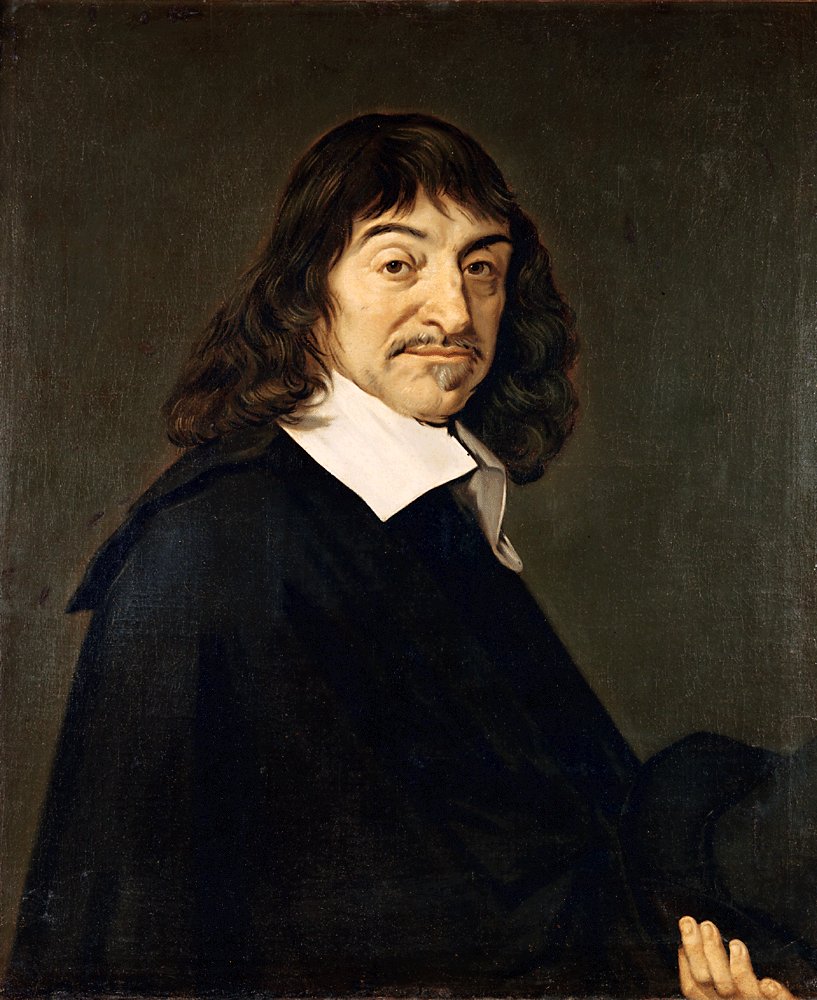
Descartes posited that if a “malicious demon” existed, it could deceive us about the true nature of the world, manipulating our minds into believing false perceptions. This idea led him to his famous conclusion: Cogito, ergo sum (“I think, therefore I am”). If our thoughts are not based on genuine reality but influenced by a “malicious demon,” then our experience of reality may not reflect its true essence.
In modern discussions, the Simulation Hypothesis gained popularity through philosopher Nick Bostrom’s, 2003 paper titled Are You Living in a Computer Simulation?.
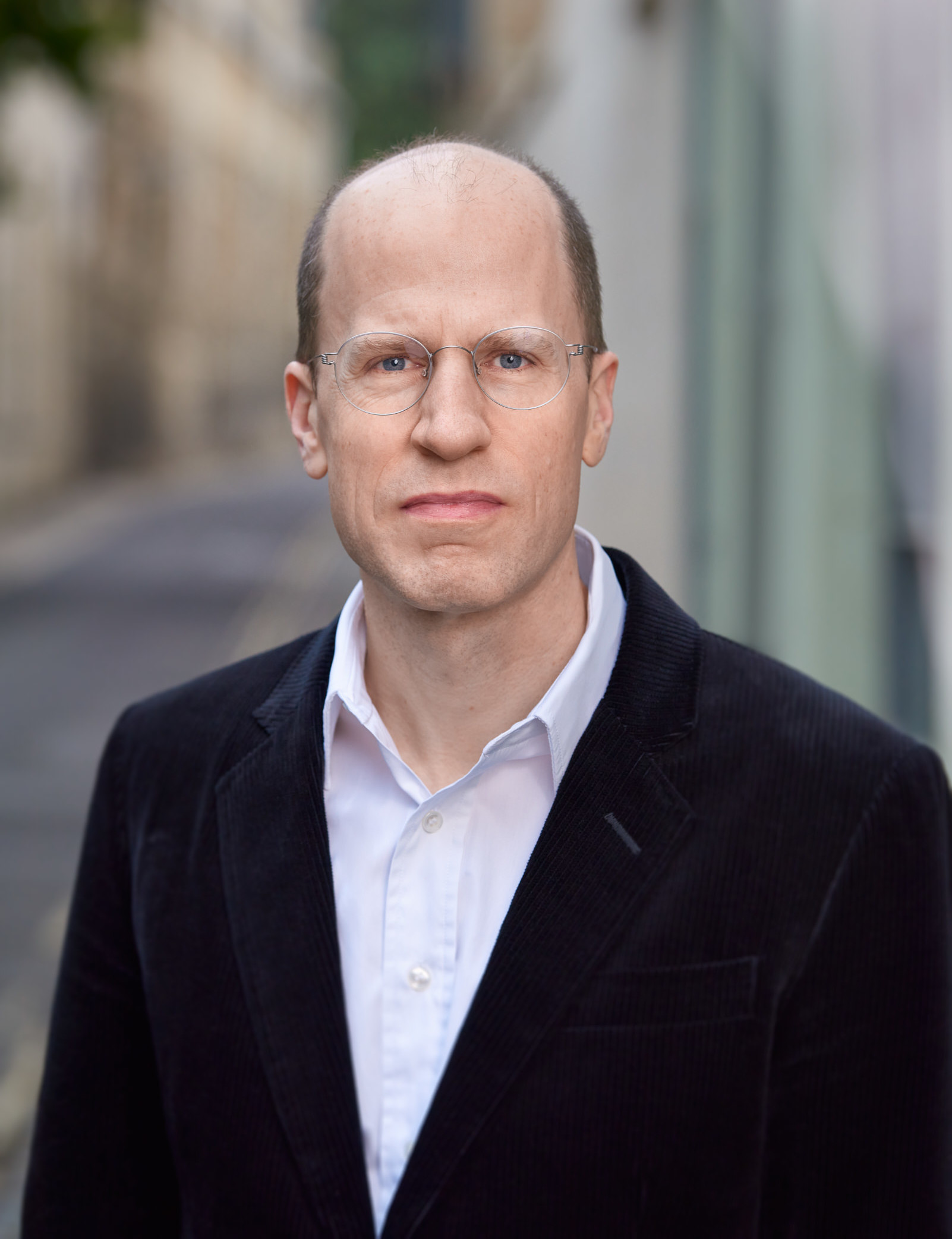
Bostrom, considering the advancements in computing power, argued that at least one of the following statements must be true:
the Simulation Hypothesis
- Almost all civilizations at our level of technological development go extinct before reaching the capability to create simulations of reality on computers.
- They vanish either due to natural catastrophes or catastrophic wars between nations.
- Civilizations that reach such technological advancement are not interested in running simulations.
- They have better things to do than observe us fighting, landing on the Moon, or watching John argue with Jack at the traffic light on Passadena Street in a simulation.
- Almost certainly, we are living in a computer simulation.
Bostrom’s Third Proposition
Bostrom’s third case forms the basis of the modern Simulation Hypothesis. If future civilizations can run such simulations and wish to do so, then the number of simulated realities would far surpass the “Original” (true) reality.
Statistically, it is more likely that we exist in one of these simulated worlds rather than in the authentic, non-simulated reality.
Support for the Simulation Hypothesis
Advocates of the Simulation Hypothesis present arguments across various scientific disciplines:
- Technological Progress:
As virtual reality and artificial intelligence technologies evolve, the creation of realistic simulations becomes increasingly feasible. Modern video games and simulations, though far from perfect, demonstrate progress toward more complex and detailed representations. Futurist and inventor Ray Kurzweil predicts that by 2045, humanity could reach the Singularity, a moment when AI surpasses human intelligence, making simulated realities possible. - Quantum Mechanics:
Certain quantum mechanics experiments suggest that reality “materializes” only when observed. This “observer effect” has led to speculation that the universe may operate like a computer program, where certain aspects of reality are “rendered” only when observed—similar to video games generating environments visible to the player. - Mathematical Structure of the Universe:
Physicist James Gates has identified error-correcting codes—similar to those used in computer systems—embedded in the equations of string theory, a fundamental framework in physics. This has led some to argue that if our universe functions under rules and codes akin to a computer program, it might indicate an underlying simulation. - Unsolved Mysteries:
The Simulation Hypothesis could explain unresolved physics questions, such as the nature of dark matter and the fine-tuning of universal constants. If the universe is simulated, these phenomena could result from programmed parameters rather than mysterious physical forces.
Critiques of the Simulation Hypothesis
Despite its intrigue, the Simulation Hypothesis faces significant criticisms:
the Simulation Hypothesis
Falsifiability:
A common critique is that the hypothesis is inherently unfalsifiable. If we are in a simulation, it could be designed to prevent us from discovering its truth. Thus, no empirical experiment could confirm or refute it with certainty, placing it outside traditional scientific inquiry.
Philosophical Skepticism:
Some philosophers, like David Chalmers, argue that even if we live in a simulation, this does not necessarily alter our experience of reality. Whether real or simulated, our subjective experience remains the same, making the question of living in a simulation practically irrelevant to our daily lives.
Computational Constraints:
Critics point out that simulating an entire universe down to the atomic level would require an inconceivable amount of computational power. Physicist Sabine Hossenfelder, for example, emphasizes that the energy demands and resources required for such a simulation would exceed even the capabilities of the most advanced civilizations.
Cultural Impact
The Simulation Hypothesis has deeply influenced pop culture, especially through films like The Matrix (1999), which depicts a world where humans unknowingly live in a simulated reality controlled by machines. The film has become a reference point for exploring the nature of reality, free will, and the limits of human consciousness.
Other films like Inception (2010) delve into layered realities and the difficulty of distinguishing the real from the fabricated, while The Thirteenth Floor (1999) examines simulated realities inhabited by conscious beings, raising ethical and philosophical questions.
Moreover, The Truman Show (1998) offers a different perspective, portraying a man who unknowingly lives in a fully controlled “reality” designed by others, raising questions about how freedom and authenticity are affected by surveillance and control.
Beyond the arts, prominent figures in technology and science, such as Elon Musk, have expressed belief in the Simulation Hypothesis.

Musk famously stated, “There’s a one in billions chance that this is base reality,” implying he finds it nearly certain that we live in a simulation.
the simulation Hypothesis
Conclusion
The Simulation Hypothesis offers a fascinating, albeit speculative, framework for understanding the nature of reality. Whether approached as a serious scientific question or a philosophical exercise, it challenges our assumptions about the universe and our place within it. While evidence for or against the hypothesis remains elusive, it continues to spark discussions across disciplines, inviting us to reconsider what we accept as “real.”
Sources:
- Bostrom, N. (2003). Are You Living in a Computer Simulation? Philosophical Quarterly, 53(211), 243–255.
- Descartes, R. (1641). Meditations on First Philosophy. Translated by John Cottingham. Cambridge University Press.
- Chalmers, D. (2003). The Matrix as Metaphysics. In W. Irwin (Ed.), The Matrix and Philosophy: Welcome to the Desert of the Real. Open Court.
- Hossenfelder, S. (2019). Lost in Math: How Beauty Leads Physics Astray. Basic Books.
- Gates, S. J. (2010). Symbols of Power: Adinkras and the Nature of Reality. Inaugural Lecture at the American Physical Society
Translated from the original Greek article by chatGPT
The images displayed on this blog are not our property. A link to the source/owner is provided in the corresponding caption.



